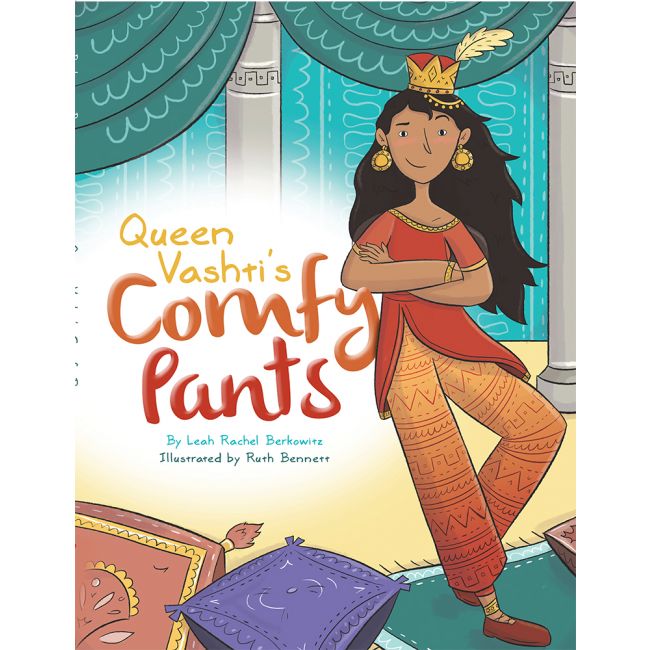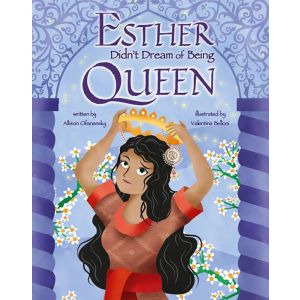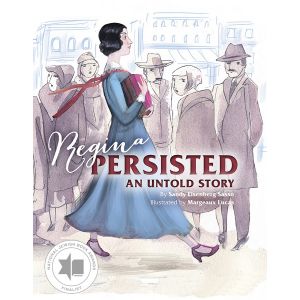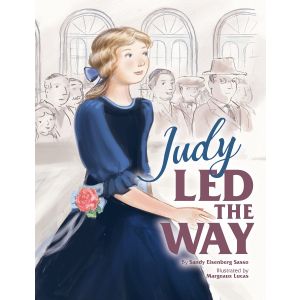Queen Vashti's Comfy Pants
A feminist spin on a biblical event . . . A well-crafted revision sure to spark discussion.
Why did Queen Vashti, the other Purim royal, refuse to obey her king's commands? Although the traditional biblical text gives us no real clue, this story humorously imagines what it might have been like for a Queen to stand up for herself against a string of high-handed demands. In doing so, it demonstrates to children the value of understanding the worth of their own needs and desires.
Rabbi Leah Berkowitz talks about writing Queen Vashti's Comfy Pants, and the value of being able to say No:
A few years ago, on the morning of Purim, I woke up with a rhyme in my head: I am not in the mood to dance, for I am in my comfy pants!
I had been wanting to write about Queen Vashti for a while. A big part of my rabbinate and my writing focuses on uplifting the stories of women in the biblical narrative, especially those who do not get enough attention.
Queen Vashti only gets a few sentences in the first chapter of the book of Esther, yet she has captured the imagination of rabbis, modern feminists, and fiction writers because she said "no" to a group of powerful men - including her husband.
No reason is given in the plain text for Vashti's refusal, but the rabbis . . . Click here to read the rest of this article from ReformJudaism.org.





